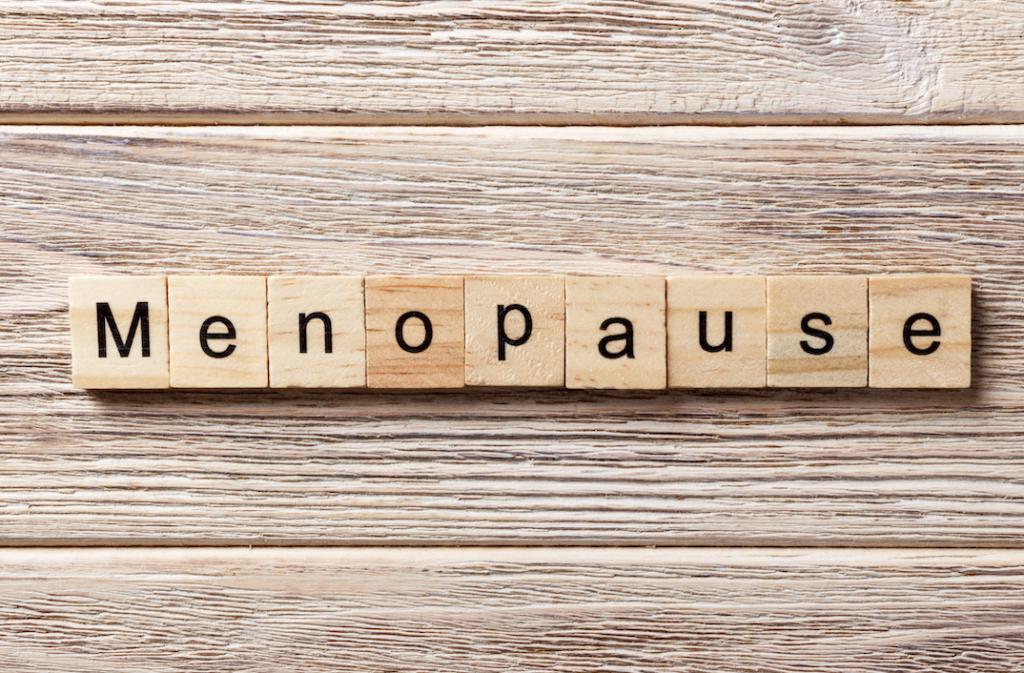Leading employer groups have called on the government to nominate a menopause ambassador to work on behalf of women experiencing menopause.
They also want larger employers to put in place workplace awareness, training and support through employee assistance programmes (EAPs), for menopause-related discrimination claims to be recognised, and the cost of menopause on individuals, businesses and the UK economy to be quantified.
The calls feature among a raft of recommendations from employer groups in an independent report on the issue of the menopause and the workplace.
Minister for employment Mims Davies commissioned the report in July and its findings contain contributions from employer organisations and trade bodies.
The menopause ambassador role would promote the economic contribution made by women, the missed productivity by employers and tax revenue by government and include supporting all elements of the affected population, including ethnic minority, disabled and LGBTQ people.
The report’s other recommendations include:
- For all the stages of menopause transition to be referenced as a priority issue in government’s public policy agenda on work, diversity and inclusion.
- For the Department of Health and Social Care and the NHS to lead implementation of a more holistic view of the menopause transition by clinicians in England, which includes mental health and long-term wellbeing as well as the immediate clinical response.
- To launch a collaborative and government-backed employer-led campaign, working in conjunction with the Menopause Ambassador, covering:
a. The importance of open conversations about the menopause in the workplace to help break down the taboo and normalise the issue;
b. The importance of training line managers, acknowledging all people are affected by the
menopause in different ways; and where to signpost for further help (OH, GP, etc.);
c. The importance of awareness-raising and action to combat bias and harassment;
d. The need for workplace adjustments in addition to flexible working;
e. The value of support groups and specialist support;
f. Sick leave policies and procedures;
g. Performance management;
h. Flexible working rights; and
i. Returner programmes to include and highlight post-menopausal opportunities as well as
post-maternity.
This would be underpinned by a toolkit and case studies for employers focusing on the broader education and normalising of the conversation - For agreement to be gained from organisations who can make a difference to promote good practice e.g. TUC training, GPs, pharmacists to reframe the issue so that menopause transition is seen as another stage of life; something that is normal and universal for all women at whatever age and however it occurs.
- For Money and Pensions Service and consumer money advice and support organisations to include menopause impact and considerations.
- To incorporate menopause transition awareness as part of the Mid-life MOT through the Health pillar.
The government said it will be responding to the recommendations in the coming months.
Contributing organisations included: the CBI (Confederation of British Industry); CIPD (Chartered Institute of Personnel and Development); the British Chamber of Commerce; the Federation of Small Businesses; the Recruitment and Employment Confederation; UK Hospitality; Institute of Directors, Make UK; and Business in the Community.
